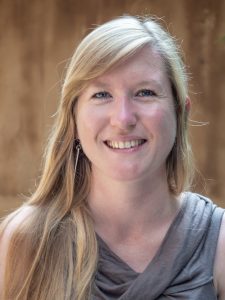 Helen Esser, PhD
Helen Esser, PhD
Postdoctoral researcher
Laboratory of Entomology
Wageningen University & Research
Droevendaalsesteeg 1, 6708PB Wageningen
The Netherlands
Email: helen.esser@wur.nl
Story
For as long as I can remember, I have been fascinated with the living world. Growing up on the Caribbean island of Aruba, I spent my childhood catching iguanas and collecting shells on the beach, and regularly gave my mom a small heart attack with all the things I brought home. After moving to the Netherlands, I switched to rearing butterflies, keeping boxes with caterpillars secretly stored underneath the bed.
Hence it came to no-one’s surprise when I chose to study Biology at Wageningen University. My love for the tropics took me to Panama, where I studied communities of ticks and wildlife across an anthropogenic disturbance gradient. Currently I’m studying the ecology of tick-borne encephalitis virus, which unexpectedly emerged in the Netherlands in 2016.
The impact that we humans have on the living world remains the central focus of my research interests. My ambition is to increase our understanding of how environmental change, such as biodiversity loss, climate change, and habitat modification impacts the interactions between wildlife communities, their parasites and pathogens, and how that in turn might affect human health.
When I’m not in the field or behind the computer, I love to spend my time gardening, salsa dancing, or traveling.
Collaborators
Hein Sprong – National Institute for Public Health and the Environment (RIVM)
Stephanie Lim – Artemis One Health research foundation, the Netherlands
Byron Martina – Artemis One Health research foundation, the Netherlands
Fred de Boer – Wildlife Ecology & Conservation, Wageningen University & Research
Kevin Matson - Wildlife Ecology & Conservation, Wageningen University & Research
Ab Osterhaus – University of Veterinary Medicine, Hannover, Germany